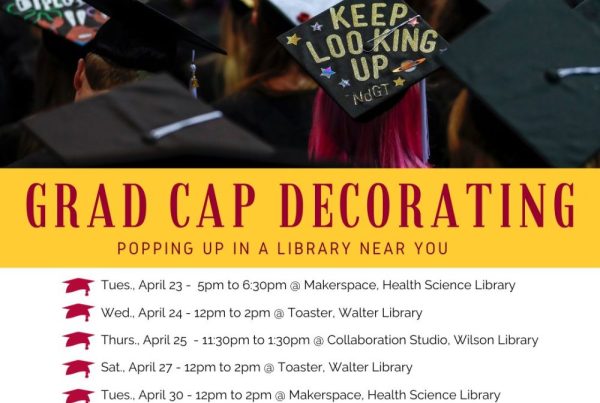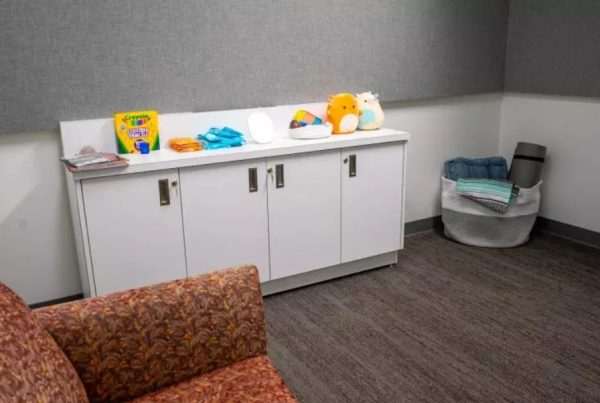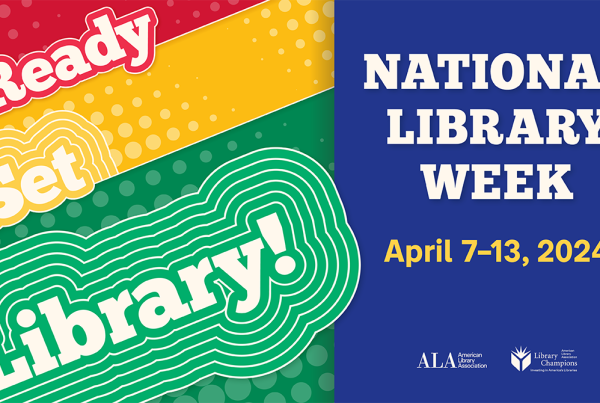By Allison Jensen

Natasha Stark, Peer Research Consultant
Every semester, hundreds of undergraduate students get the course help they need from people who really understand them — their peers.
“There’s sort of an inherent power differential that’s implied with tutee and tutor,” says Natasha Stark, a senior in music therapy who is a new Peer Research Consultant this year. “Having someone who is the same age as you, in the same place as you as a student helps to equalize some of that power differential and makes it a more welcoming or less intimidating of a space, versus having a faculty member or a graduate student teach or tutor undergrads.”
This fall, the incoming peer tutors, whether SMART Peer Tutors, Libraries Peer Research Consultants, Multicultural Center for Academic Excellence Tutors, or Taylor Tutoring Center Tutors, spent several hours on Sept. 3 together in a Zoom training.
“The training is part of an internationally recognized certification through the College Reading and Learning Association, and our certification is externally reviewed every four years,” says Brett Gray, Assistant Director of Learning Support Initiatives. Enrolled undergraduates can take advantage of the tutoring programs at no additional cost.
“After the variety of pandemic learning experiences everyone has had, we are encouraging students to get help early and often this semester,” says Kate Peterson, Undergraduate Services Librarian. “Try the different services and see which one works for you. Some students like group tutoring, some like in-person, some like virtual, some like one-on-one tutoring. As we often say, these services are ‘prepaid’ by your tuition dollars so that is another reason to try them!” The tutors have been well-trained.
Core strength
The 50-plus new tutors participating jointly gained foundational knowledge. They learned how to approach a tutoring session in a positive way, checking for understanding, demonstrating concepts in different ways, and offering students guidance when they are stuck. They reviewed different kinds of questions — such as open, closed, leading, and rhetorical — and how to apply the Socratic method. The instructor shared insights into critical-thinking and problem-solving skills and how to improve them both for the tutors and for those seeking help.
They also dug into key questions of ethics, avoiding burnout, and boundaries — how peer guidance differs from counseling, for instance, and when to refer students to others for help. Encouraging students to generate their own questions and empowering them to trust their own abilities are essential whomever and wherever they serve. After this first experience, SMART Peer Tutors go through a second day of training.
The SMART Peer Tutors can be found in SMART Learning Commons in Walter, Wilson, and Magrath Libraries, in Bailey Hall, and online. They offer help for those enrolled in courses in which the tutors already have earned top grades. Undergraduates can seek tutors for drop-in or one-on-one sessions in the courses where they need help; scheduling is done online. In fall 2020, SMART Peer Tutors served 617 students in 2,406 sessions —when, Gray says, the program was still rebuilding from transitions due to COVID.
Recent positive comments about the SMART Peer Tutors include:
- “They helped me see the problem differently and showed me the intermediate steps I was missing to solve a difficult equation. Very glad I came to their session!”
- “Really explained topics really thoroughly and ensured I had a good time learning. Ten out of a Ten!”
- “She helped me out sooo much. I was really struggling with my chem and she helped me in a way where I feel like I will be able to do similar problems on my own in the future.”
Peterson encourages students to make the first move. “Unlike high school, where some students waited until a teacher referred them, or some services were only available to certain students, here at the University we expect students to be proactive, explore and take advantage of these services on their own.”
Total satisfaction
In the current report about the Peer Research Consultants, 100% of those responding to follow-up surveys were satisfied with the help they received. The Peer Research Consultants focus on providing one-on-one assistance to develop the research strategies needed to write an excellent research paper. They are specially trained to help other students:
- Find scholarly or academic articles, using good keywords and efficient search strategies — more than 80% reported improvement;
- Narrow down paper topics and create research questions — more than 75% saw improvement; and
- Navigate the Libraries’ website and locate appropriate databases or Library services — more than 90% saw improved skills.
Lila Madson, a new Peer Research Consultant who is a junior in Family Social Science, is looking forward to helping students with their WRIT 1301 projects. “It’s one project for the whole semester, so they really focus on breaking down each step of a research project,” she says. “I want to assist students with each step, using the resources the Libraries has.”
She and the other PRCs will help students evaluate articles and websites for their value and reliability, which is very important in the current volatile information landscape. And, in presentations and one-on-ones, they provide guidance for exploring undergraduate research opportunities and provide tips for finding a research mentor.
Last year, the PRCs were only available online, yet they had 300 one-on-one research consultations — more than ever before. Research topics included
- Mt. Rushmore and the relationship with the indigenous tribes: How this tourist site has environmental issues as well as the cultural challenges raised by tourism and possible solutions;
- Toxicology in zebrafish; and
- Sustainable urban development in the lens of social/environmental injustices.
Helping with their research is just one part of the encounter, Stark says; another is being welcoming. “One of the biggest things is being really respectful of the people who come to tutor with us, always saying thank you for reaching out and utilizing these services.” PRCs want to make an effort to connect with people, she says, and they follow up with emails and evaluations.
Madson had not heard of PRCs before applying for the program, and she’d like to do something about that. “There are so many resources through the University and through the Libraries, especially, that students don’t know about,” she says. She’s eager to get to work tutoring her peers and spreading the word among students and faculty that the PRCs, SMART Peer Tutors, and others are ready to help.




